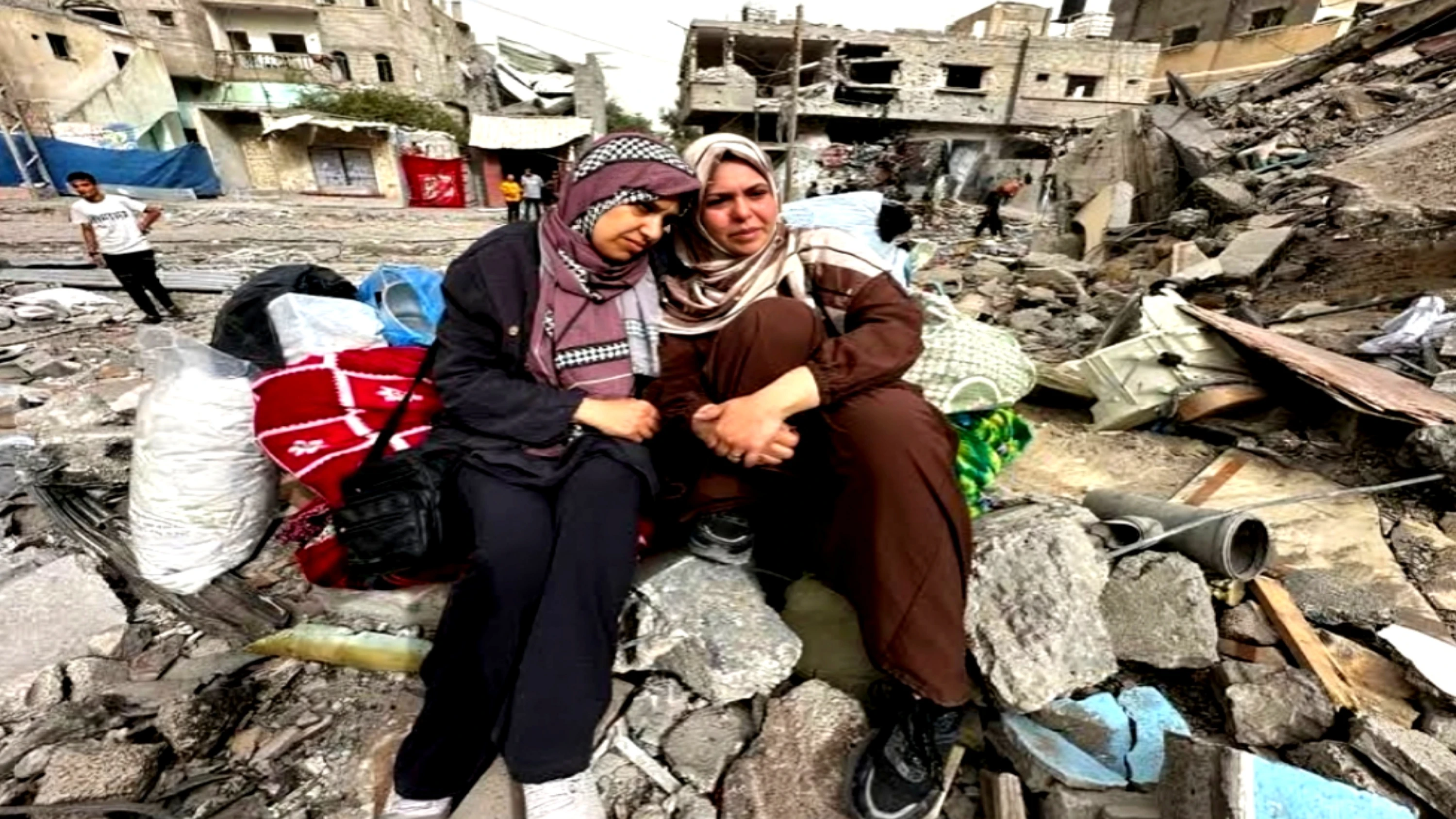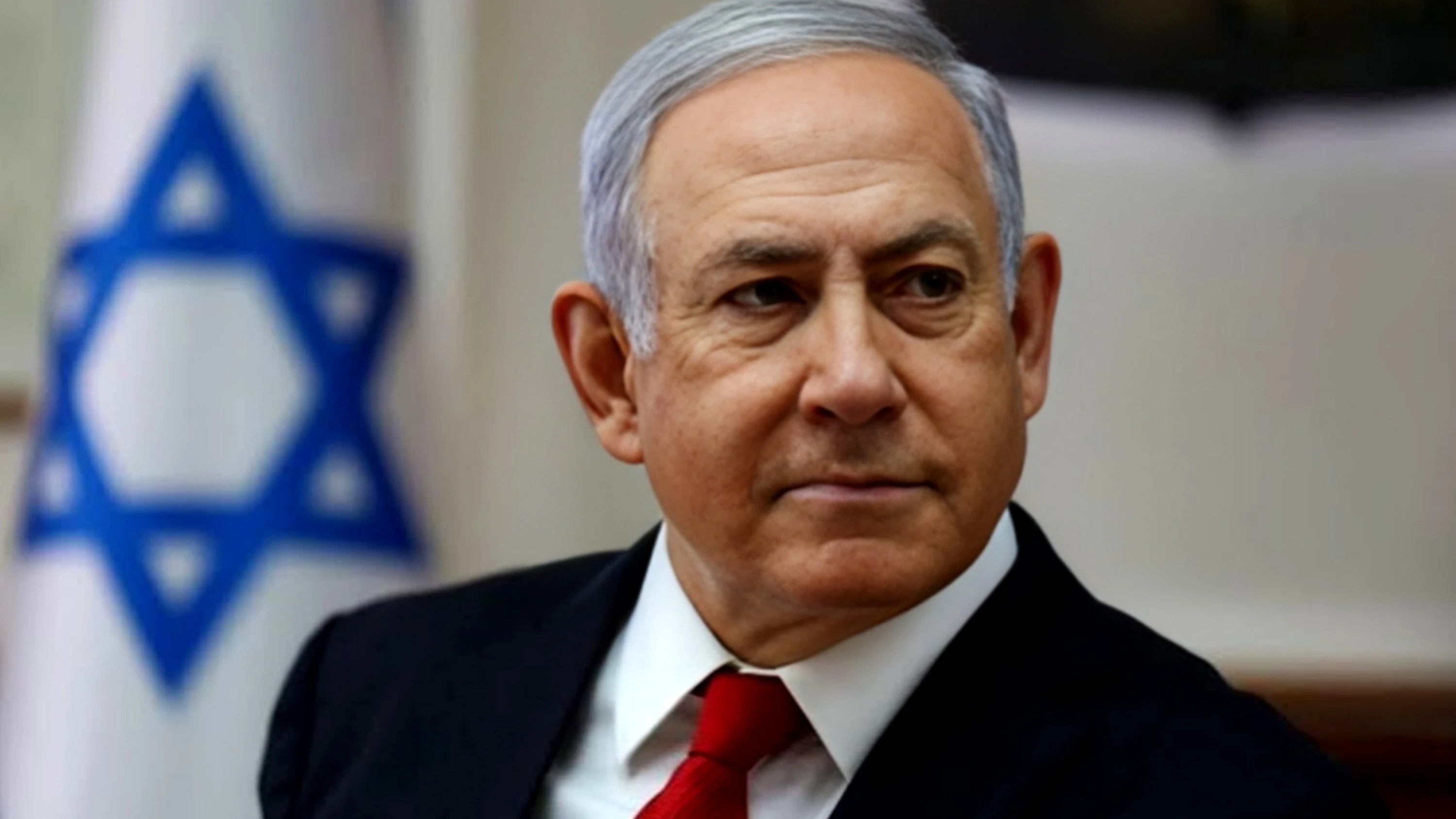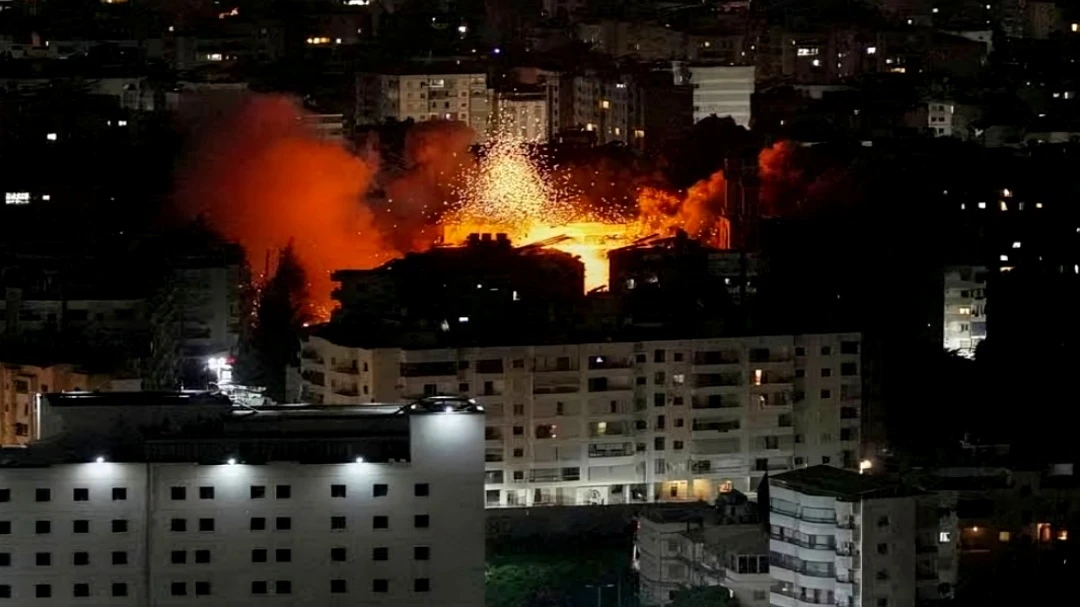Tehran: Iran’s state television announced on Saturday that its intelligence services have carried out what it called a "major intelligence strike," claiming to have acquired thousands of sensitive and strategic documents related to Israel’s nuclear program and facilities. However, the report did not disclose how Iran accessed the documents.
The brief announcement on state TV stated, “Iranian intelligence services have obtained strategic and sensitive information and documents, including thousands of records related to Israel’s nuclear plans and installations.”
So far, Israel has not officially commented on Iran’s claims.
According to the semi-official Tasnim News Agency, Iran’s Minister of Intelligence, Hojjatoleslam Seyyed Esmail Khatib, said, “The nuclear documents of the Zionist regime have been transferred to Iran. These contain significant data not only about Israel’s nuclear program but also related to the U.S., Europe, and other nations.”
This revelation comes at a time of heightened global attention on Iran’s nuclear program, which Israel sees as a direct threat. The United States has also increased pressure on Tehran to return to nuclear negotiations.
Back in March, in an interview with CBS News, U.S. President Donald Trump warned, “If they [Iranian leaders] don’t make a deal, there will be bombing, and bombing like they’ve never seen before.”
In response, Iran’s Supreme Leader Ayatollah Ali Khamenei warned that any American attack would be met with a strong retaliation. “The U.S. and Israel have always been hostile toward us,” Khamenei said. “They threaten us with attacks, which we see as unlikely, but if they commit any mischief, they will receive a strong response.”
Trump also claimed he had written to Ayatollah Khamenei, inviting negotiations.
Despite global concerns, Iran insists its nuclear program is for peaceful energy purposes and is a signatory to the Nuclear Non-Proliferation Treaty (NPT). However, many experts still consider Israel to be the only nuclear-armed state in the Middle East.
Western nations led by the U.S. accuse Iran of secretly pursuing nuclear weapons—a claim Iran denies.
Rafael Mariano Grossi, Director General of the International Atomic Energy Agency (IAEA), warned that Iran is “not far” from being able to produce a nuclear bomb. While he clarified that Iran does not currently possess nuclear weapons, he noted that it has stockpiles of enriched uranium sufficient to pursue them.
In an interview with the Financial Times, Grossi said Iran now possesses a large and growing stock of 60% enriched uranium. He further stated, “Iran’s nuclear capabilities cannot be eliminated in a single strike.”
Iran rejected these assertions as “political” and reiterated that it has repeatedly confirmed the absence of undeclared nuclear sites or activities.
Fars News Agency reported that the Iranian intelligence services successfully transferred a large amount of strategic and sensitive information—including nuclear-related documents—from the “occupied territories.” The agency described the operation as the “largest intelligence attack” in history against Israel.
Iran regularly accuses Israel of sabotage and assassination operations targeting its nuclear scientists. In contrast, in May 2025, Israel announced the arrest of two individuals suspected of gathering intelligence for Iran.
Sources cited by Iranian media said the operation was carried out some time ago but kept secret due to the sensitive nature and volume of documents and the need to transfer them securely to Iran. The documents are said to be under review at secured locations.
Israeli Prime Minister Benjamin Netanyahu has repeatedly threatened military action against Iran’s nuclear sites. Iran continues to assert its right to peaceful nuclear energy under the NPT.
Tensions between the two countries escalated last year after Iran launched hundreds of missiles and drones in direct attacks on Israeli territory, which it said were retaliation for deadly Israeli airstrikes on its consulate in Syria.
Tehran also vowed to avenge the deaths of Hamas leader Ismail Haniyeh and Hezbollah’s former secretary-general Hassan Nasrallah—both allegedly killed in Israeli operations.
In contrast, Israel has its own intelligence legacy. In 2018, Israeli agency Mossad reportedly stole half a ton of documents from a secret Iranian warehouse in Tehran, revealing sensitive details of Iran’s nuclear project. According to then-Mossad chief Yossi Cohen, the operation involved 20 non-Israeli agents and months of planning.
Israeli media reported that this 2018 operation exposed Iran’s “Amad Plan,” including information on warhead design, secret facilities like Varamin and Turquzabad, and deception tactics to mislead international inspectors.
The documents were presented by Netanyahu at the United Nations and shared with the IAEA, Germany, France, and the UK. Iran dismissed the documents as “recycled old data,” but Israel and the U.S. argued they proved Iranian deception.
A declassified American intelligence report from December 2024 revealed that the U.S. has known since the 1960s that Israel’s Dimona facility could produce weapons-grade plutonium. A 1960 CIA document concluded that Israel was building a plutonium reprocessing plant linked to a weapons program.
By 1967, the U.S. believed Israel could develop a nuclear bomb within six to eight weeks. Despite this, Washington and Tel Aviv reached a tacit understanding in 1969 under which Israel maintained nuclear ambiguity—neither confirming nor denying its arsenal.
According to Foreign Policy, Israel likely began producing weapons-grade plutonium before the 1967 war and had assembled at least two or three nuclear devices, effectively making it a nuclear-capable state.
Israel has never signed the Nuclear Non-Proliferation Treaty and continues its policy of deliberate nuclear ambiguity.
The latest Iranian claims, if verified, could significantly shift regional dynamics and prompt renewed global scrutiny of both nations’ covert nuclear activities.








